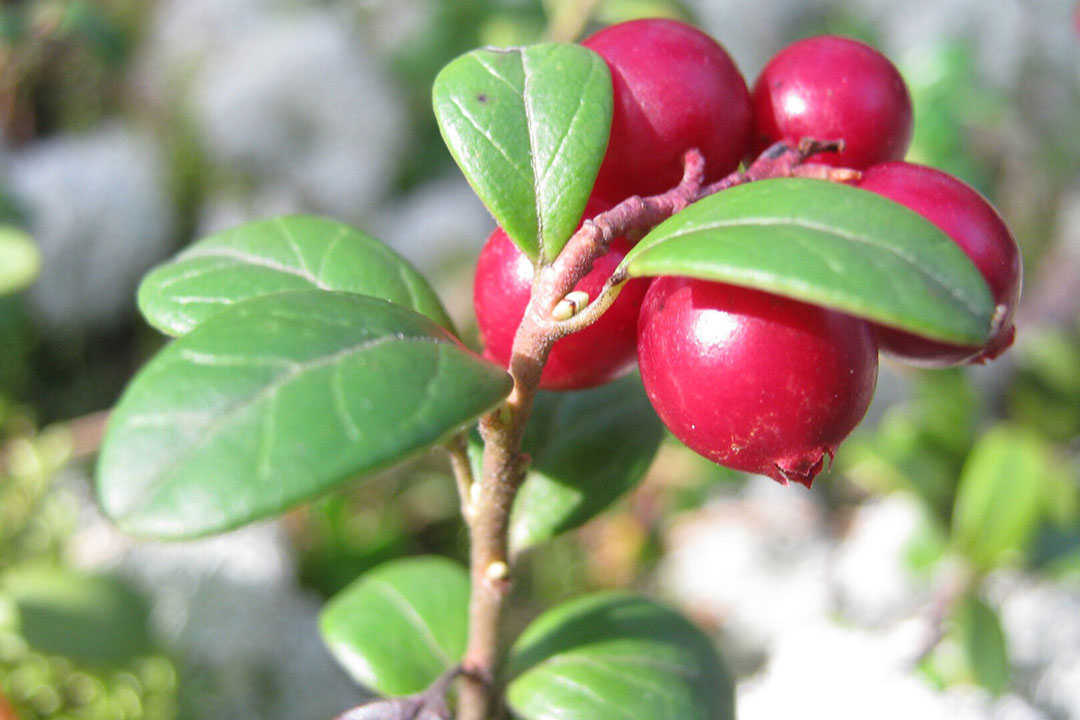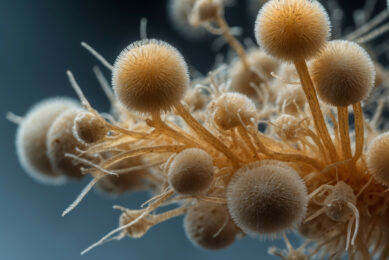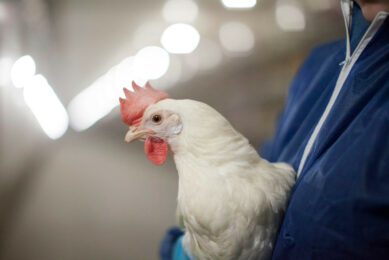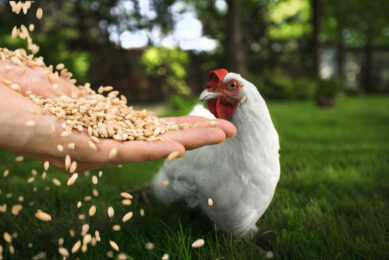Cranberry by-products as feed supplement in broilers

Cost-effective alternatives to antibiotics are needed to enhance the immunity of chickens.
A study investigated the immunomodulatory actions of feed supplemented with cranberry by-products in broilers.
Feeds are formulated to meet the nutritional requirements of birds for adequate body weight gain and feed efficiency; however, such formulated feed could be deficient in adequate immuno-stimulating factors. It is therefore imperative to develop immunomodulators – synthetic or natural biological molecules capable of modulating, suppressing or stimulating any components of adaptive or innate immunity – that could protect chickens from diseases without decreasing growth performance.
Poultry immune system
In animal production, nutrition can influence gene expression involved in the regulation of production performances. The liver is an organ enriched in innate immune cells. During the acute phase of the immune response in poultry, liver synthesized proteins that are involved in the protection of birds against infections. In poultry, the bursa of Fabricius is connected to the cloaca and the intestinal system. This is the primary organ involved in the development of the bird’s immune system.
 Antibiotic Reduction – special publication
Antibiotic Reduction – special publication
Moving away from antibiotics can be challenging and requires a new way of thinking. This special edition explores the latest methods for raising healthy livestock without the use of preventive antibiotics.
Anti-inflammatory effects
Cranberry fruit pomace is a source of phytonutrients and bioactive molecules including carbohydrates, fibres, lipids, proteins, and phenolic compounds, and cranberry phytochemicals have been recognised for their anti-inflammatory effects. In this study, the effects of cranberry pomace and its ethanolic extracts on serum antibody titers as well as the expression of various innate and adaptive immune genes in liver and bursa were evaluated.
The study
Broiler Cobb 500 chicks were fed a control basal diet, basal diet supplemented with bacitracin (BACI, 55 ppm), cranberry pomace at 1% (CP1) and cranberry pomace at 2% (CP2) or cranberry pomace ethanolic extract at 150 (COH150) and 300 ppm (COH300) for 30 days. Blood sera were analysed at days 21 and 28 of age for immunoglobulin levels. The innate and adaptive immune-related gene expression levels in liver and bursa of Fabricius were investigated at 21-days of age.
 Pathogens & Prevention – special publication
Pathogens & Prevention – special publication
Diseases are always just a stone’s throw away from any livestock herd/flock and producing healthy and safe animal products is key for a successful business. In this special we focus on how to keep diseases at bay via biosecurity measures, management and nutritional interventions.
At day 21, the highest IgY level was found in the blood serum in the birds supplemented with cranberry pomace at 2%. In the liver, 13 of the 22 differentially expressed genes were downregulated across all treatments compared to the control. In the bursa, 5 of 9 genes associated with the innate immunity were differentially expressed. The expression of anti-inflammatory interleukin-10 (IL-10) gene was upregulated in all treatment groups in bursa compared to the control. The expression of transferrin gene was significantly upregulated in livers of birds fed COH300, and in bursa of birds fed-BACI; indicating feeding practices and organ dependant modulation of this gene in broilers.
The results of this study showed that cranberry products-feed supplementation modulated the innate-immune and suppressed pro-inflammatory cytokines in broilers providing a platform for future investigations to develop berry products in poultry feeding.











